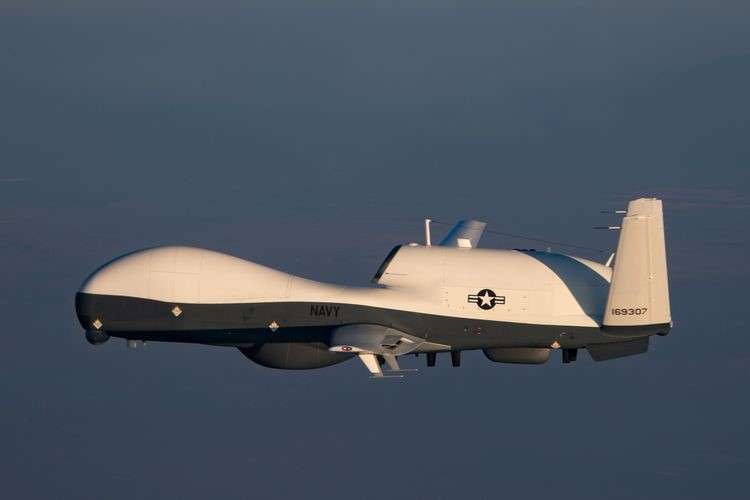
Northrop Grumman Corporation’s multi-intelligence MQ-4C Triton uncrewed aircraft achieved a declaration of initial operating capability (IOC) by the U.S. Navy.
- MQ-4C Triton is the U.S. Navy’s only uncrewed, high-altitude, long-endurance aircraft performing persistent maritime intelligence, surveillance, reconnaissance and targeting.
- Since achieving early operational capability in May 2020, the U.S. Navy’s Pacific Fleet employed Triton in the U.S. Indo-Pacific Command area of responsibility conducting maritime and reconnaissance missions.
- Northrop Grumman has delivered five multi-intelligence Triton aircraft to the U.S. Navy, with the latest delivered June 2023.
Experts:
Rho Cauley Bruner, director, Triton program, Northrop Grumman: “Triton has proven to be invaluable for the maritime patrol and reconnaissance mission in the Indo-Pacific. Now that the system has achieved initial operating capability, commanders will be able to fully leverage Triton’s powerful sensor suite to detect and deter potential adversaries around the world.”
Capt. Josh Guerre, Persistent Maritime Unmanned Aircraft Systems program manager, U.S. Navy: “Persistent global maritime awareness is central to deterring, or competing and winning against, our adversaries. Triton ensures we’re making informed decisions and effectively operating anywhere in the world.”
Details on MQ-4C Triton:
Built for the U.S. Navy and Royal Australian Air Force, the multi-intelligence MQ-4C Triton supports a wide range of missions including maritime patrol, signals intelligence, search and rescue and communications relay. These aircraft provide commanders with persistent surveillance for the prediction of an adversary’s behavior and enabling better planning, greatly enhancing joint military responses and operations.
With an operating altitude greater than 50,000 feet and endurance of 24 hours, Triton provides continuous communications relay to keep a distributed Navy connected, while ensuring commanders are operating off a common operational picture. Its unparalleled, long-range sensors allow it to detect, classify and track maritime targets well outside the detection of enemy ships and surface-to-air missiles.
In one 24-hour mission, Triton can survey four million nautical miles.

Leave a Reply